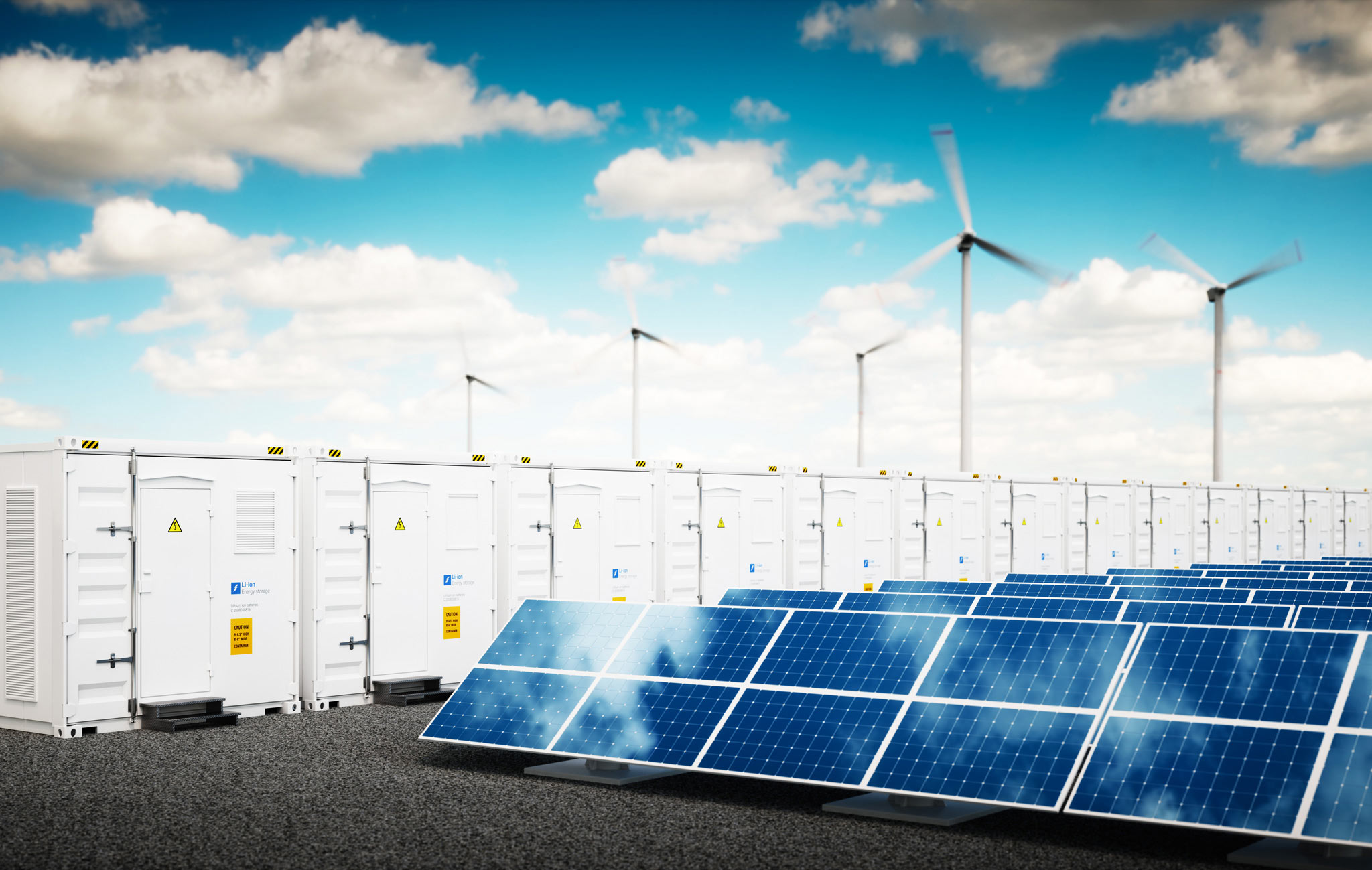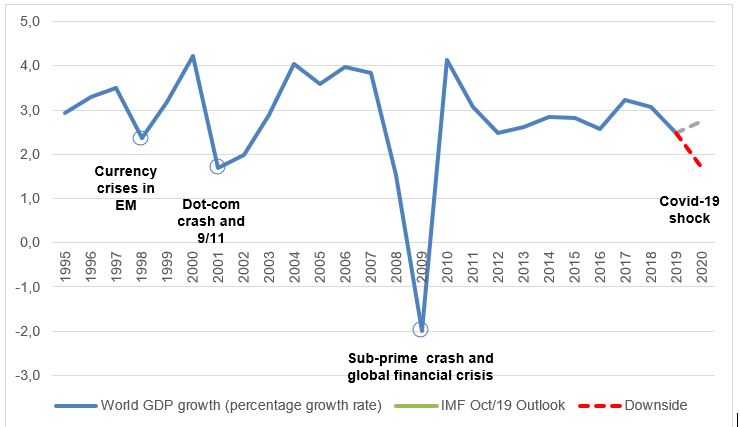
Decoding Renewable Energy: A Comprehensive Guide
Renewable energy is at the forefront of the global push towards sustainable and cleaner power sources. This article aims to unravel the complexities of renewable energy, providing a comprehensive guide for better understanding its various aspects.
Understanding the Basics of Renewable Energy
At its core, renewable energy is derived from resources that are naturally replenished, such as sunlight, wind, rain, tides, waves, and geothermal heat. Unlike finite fossil fuels, these resources offer an eco-friendly alternative for meeting our energy needs.
Types of Renewable Energy Sources
Renewable energy comes in various forms, each with its unique characteristics. Solar energy harnesses the power of the sun, wind energy captures the movement of air, hydroelectric power utilizes flowing water, and geothermal energy taps into the Earth’s internal heat. Understanding the distinctions between these sources is key to grasping the diverse world of renewable energy.
The Role of Solar Energy in Renewable Power
Solar energy is one of the most prominent and widely adopted forms of renewable power. Photovoltaic cells convert sunlight into electricity, while solar thermal systems use sunlight to generate heat. The widespread deployment of solar panels on rooftops and solar farms exemplifies the increasing reliance on this clean and abundant energy source.
Harvesting Wind Energy for Electricity Generation
Wind energy is another vital component of the renewable energy landscape. Wind turbines convert the kinetic energy from wind into electricity, offering a scalable solution for both onshore and offshore applications. Understanding the technology behind wind energy is crucial for appreciating its role in the global energy transition.
The Significance of Hydropower in Renewable Energy Mix
Hydropower, derived from the energy of flowing water, has been a traditional and highly effective renewable energy source. From large dams to run-of-the-river installations, hydropower contributes significantly to electricity generation. Examining the environmental and social aspects of hydropower projects is essential in evaluating their overall sustainability.
Exploring Geothermal Energy for Clean Power
Geothermal energy taps into the Earth’s internal heat, offering a constant and reliable source of power. Geothermal power plants utilize the heat from the Earth’s interior to generate electricity, making it a valuable and consistent renewable energy source. Understanding the geological considerations behind geothermal energy is crucial for its effective utilization.
Overcoming Challenges in Renewable Energy Adoption
While the benefits of renewable energy are evident, the sector faces challenges. These include intermittency issues with certain sources, storage limitations, and the need for a robust infrastructure. Exploring ongoing research and innovations is essential to addressing these challenges and enhancing the efficiency of renewable energy systems.
Individual Actions for a Renewable Future
Understanding renewable energy goes beyond technical aspects; it involves individual and collective actions. Adopting energy-efficient practices, supporting renewable energy policies, and making informed choices as consumers contribute to a sustainable energy future. Recognizing the role of individuals in the broader context is pivotal for driving positive change.
Government Policies and Global Initiatives
Governments play a crucial role in shaping the trajectory of renewable energy adoption. Policies, incentives, and international agreements are instrumental in creating an environment conducive to clean energy growth. Evaluating and advocating for supportive policies is essential for individuals and organizations invested in a renewable energy future.
Embracing a Sustainable Tomorrow: Visit Corpodaration
To delve deeper into understanding renewable energy and its applications, explore initiatives at Corpodaration. The platform exemplifies the commitment to sustainability, showcasing how businesses can integrate renewable practices into their operations for a cleaner and more resilient future.
Conclusion: Deciphering the Future of Renewable Energy
In conclusion, understanding renewable energy involves unraveling its diverse sources, technological applications, and the collective effort required for a sustainable future. As we decode the complexities and embrace renewable energy solutions, we pave the way for a cleaner, greener, and more sustainable tomorrow.




